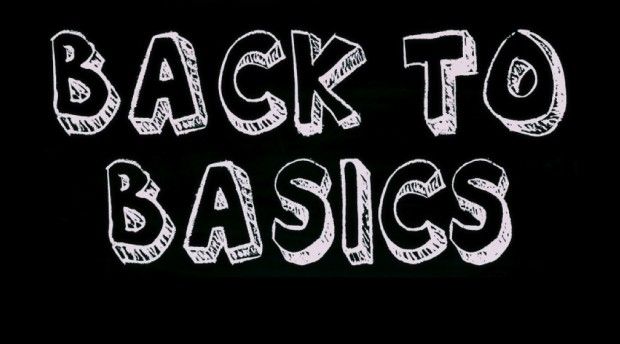Are Executive Coaches Worth Their Fees?
Post Views 4When the chief executive officer of a Fortune 500 firm learned the organization had spent more than $1 million annually on executive coaching, he decided to investigate the return on this substantial investment. Participants boasted about the process, but their bosses weren’t convinced anything had improved. “I know Dan loves the coaching process,” said one, “but I’m not sure I see any change in what he does or if coaching has influenced business goals or the bottom line.”
In the fast-paced business world, many professionals would like to believe that coaching provides a shortcut to success. Wishful thinking can trump reason. When hiring a coach, they may be willing to substitute anecdotes for solid evidence of results. According to a study cited in HR Focus Journal, fewer than 10% of organizations evaluate the business impact of coaching.
Yet it’s hard for prospective clients to determine who’s actually qualified. Executive coaching is an emerging profession, and no organization regulates it. Anyone can legally market skills in the field. Without uniform certification standards, many coaches don’t have adequate training. Whereas industrial psychologists are skilled in assessment and behavior modification techniques, many coaches are former corporate managers who have repackaged themselves. Some organizations pay thousands of dollars — often more than they pay industrial psychologists — to such individuals.
Determine in advance whether a coaching investment will deliver the results you’re after. Independent coaches charge between $100 and $500 hourly, while those associated with large organizations working with corporate clients might charge as much as 10% to 20% of an executive’s annual salary. To preclude “rent-a-friend” relationships, ensure the coach has the skills and training needed to boost your performance and career advancement.
Investigate the coach’s professional coaching history and look for observable, measurable results. Ask the coach for five to six references of previous clients. Then call them and ask if they got their money’s worth.
If the coach declines to provide names of previous clients, run. When you plan to pay for coaching, you should know that your money is being spent wisely. Conducting a price and services comparison also may be worthwhile. Bonafide coaches have access to sophisticated tools and resources. Less skilled coaches may offer little more than the assessment instruments available at any community college.
Are Executive Coaches Worth Their Fees? by Harrison Barnes



 10 Ways to Jumpstart Your Morning for a Successful Day
10 Ways to Jumpstart Your Morning for a Successful Day  Top 5 Ways to Tell if a Layoff is Coming: Is Your Job in Jeopardy?
Top 5 Ways to Tell if a Layoff is Coming: Is Your Job in Jeopardy?  Benefits of Sales 101
Benefits of Sales 101  Top 5 Questions You Must Ask During Your Next Review
Top 5 Questions You Must Ask During Your Next Review  How to Change Careers
How to Change Careers  How to Get Your First Promotion in 3 Easy Steps
How to Get Your First Promotion in 3 Easy Steps  How to Make Yourself More Valuable to an Employer: 2 Types of Employer Training Programs
How to Make Yourself More Valuable to an Employer: 2 Types of Employer Training Programs  How to Excel in an Entry Level Position
How to Excel in an Entry Level Position